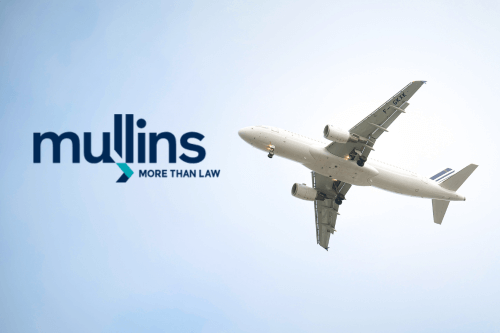23/07/2024
Author: Partner, Corina Chen
Australian Immigration Law Updates: Key Changes for the Hospitality Industry
The Australian hospitality industry is a significant contributor to the country’s economy, employing over 900,000 workers as of 2023. It accounts for approximately 7% of Australia’s total employment, with a growth rate of 3.6% in 2023. The industry continues to face a high demand for skilled labour, particularly in roles such as chefs, cooks, and hotel managers, with no indication of slowing down.
As of early 2024, the job vacancy rate for accommodation and food services stands at approximately 3.7% – a significant and notably higher-than-average job vacancy rate which reflects the industry’s ongoing challenges in filling positions.
This shortage highlights the critical need for hospitality employers to explore visa solutions to address these staffing issues effectively. Therefore, it is important for employers to stay informed about immigration law updates to assist with making informed decisions on recruiting and retaining skilled visa workers.
To support this effort, we have summarised the key recent and upcoming immigration updates particularly relevant to the hospitality sector:
- Temporary Skill Shortage Visa (Subclass 482)
The Temporary Skill Shortage Visa (Subclass 482), commonly referred to as the TSS or 482 visa, allows Australian employers to address labour shortages by sponsoring overseas skilled workers to fill positions that cannot be filled by the local workforce. In the hospitality industry, the 482 visa is a particularly useful option as it enables businesses to recruit skilled chefs, cooks, and restaurant managers.
The changes coming into effect for the 482 programme this year are as follows:
(a) TSMIT Increase
Effective from 1 July 2024, the Temporary Skilled Migration Income Threshold (TSMIT) will increase from $70,000 to $73,150. This change will affect new nominations lodged from 1 July 2024 onwards, but it won’t be applied retrospectively to nominations already approved or lodged prior to this date. This change is aimed at ensuring migrant workers are not underpaid compared to local workers.
(b) Enhancing Labour Market Mobility
Effective from 1 July 2024, significant changes to visa conditions 8107, 8607, and 8608 will improve the labour market mobility of 482 visa holders to allow those who stop working for their sponsor more time (up to 180 days at a time or a total of 365 days across their entire visa period) to find a new sponsor, apply for a different visa, or arrange to depart Australia. During this time, they can work for other employers (even in occupations not listed on their visa) to ensure they can support themselves while they look for a new sponsor. This flexibility will also allow them to immediately commence working for a new prospective sponsor while waiting for their 482 visa work rights to be transferred to the new sponsor.
(c) Reduction in Work Experience Requirement
Effective from 23 November 2024, the work experience requirement for the 482 visa will be reduced from 2 years to 1 year. This is a significant change intended to make it easier for recent graduates to qualify for the visa and will benefit recent graduates looking to enter the workforce. In turn, this will help businesses address skills shortages more effectively.
2. Changes to the Working Holiday Visa (Subclass 417) for UK Passport Holders
The Working Holiday Visa (Subclass 417) is a temporary visa for young people who want to holiday and work in Australia for up to 12 months. Subject to meeting eligibility requirements, 417 visa holders may apply for second year and third year 417 visas.
Employing 417 visa holders is a useful way for hospitality employers to address labour shortages and enhance operational flexibility.
It allows employers to quickly address skills shortages, especially in regional areas where finding local staff may be challenging, as it does not require sponsorship. It also allows for easy transitions between employers – or venues – to support staffing needs where needed.
Specific to UK passport holders, from 1 July 2024, they will no longer be required to undertake “specified work” to obtain a second or third year 417 visa. This is a significant relaxation of the eligibility requirements for UK passport holders and gives employers greater flexibility in utilising 417 visa holders for a more responsive workforce.
- What’s Next?
There is never a quiet moment in the world of immigration.
If you would like to discuss any of these changes and how they might impact your business or your employees, then please reach out to the Mullins Migration team. We are here to help you navigate these changes effectively.
Contact Mullins Today!

